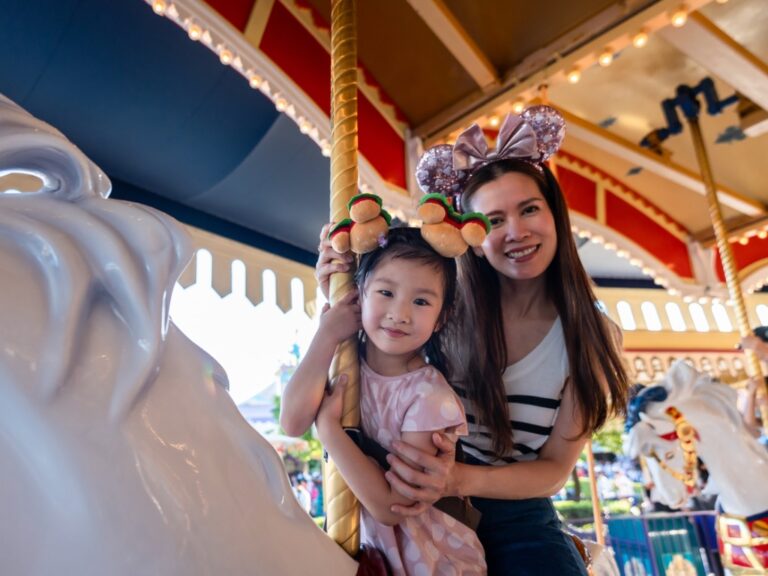Hollywood Strikes Back: Disney and Universal Sue Midjourney Over AI-Generated Characters
June 16, 2025

The Verge reports on a landmark case that could reshape how courts handle intellectual property in the era of generative technology. Disney and Universal have filed suit against Midjourney, accusing the popular image generator of producing AI-generated images of iconic characters, including Shrek, Darth Vader, and Buzz Lightyear, without authorization.
Filed June 11 in the US District Court for the Central District of California, the complaint portrays Midjourney as a “virtual vending machine” that facilitates large-scale infringement, placing the entertainment industry’s most recognizable intellectual property at risk.
Disney, Marvel Characters, MLV Film Finance LLP, Twentieth Century Fox, Universal, DreamWorks Animation v. Midjourney Inc. was filed in the US District Court for the Central District of California on June 11.
It accuses Midjourney of widespread infringement, calling it a “virtual vending machine” that freely reproduces iconic characters without permission or compensation.
The entertainment industry giants refer to this as the first major legal confrontation between Hollywood and generative AI over intellectual property (IP) violations.
Midjourney, a popular AI tool that turns text prompts into images, is accused of generating images of numerous protected characters, including Yoda, Elsa, Spider-Man, and Iron Man.
According to the plaintiffs, these images are not only easily generated upon request but are also promoted through the platform’s Explore page. Disney and Universal claim they issued takedown demands that were ignored, contrasting Midjourney’s practices with those of other AI companies that have adopted filtering mechanisms to avoid infringing prompts.
The lawsuit details the alleged scope of the infringement and emphasizes that Midjourney’s upcoming video-generation tool could significantly escalate the harm.
Plaintiffs claim this tool, which is already in training, will likely generate videos using copyrighted content, making future violations even more pervasive and harder to contain. They argue the existing conduct already amounts to “textbook copyright infringement.”
The case highlights the escalating tension between intellectual property (IP) rights and the development of generative AI. As courts begin to address the collision of creative content with machine learning, this suit could serve as a precedent for future litigation.
Lawyers should monitor how courts define infringement in AI-generated outputs, assess the responsibilities of AI providers, and prepare creators and developers for what’s coming.
Critical intelligence for general counsel
Stay on top of the latest news, solutions and best practices by reading Daily Updates from Today's General Counsel.
Daily Updates
Sign up for our free daily newsletter for the latest news and business legal developments.




